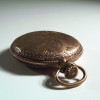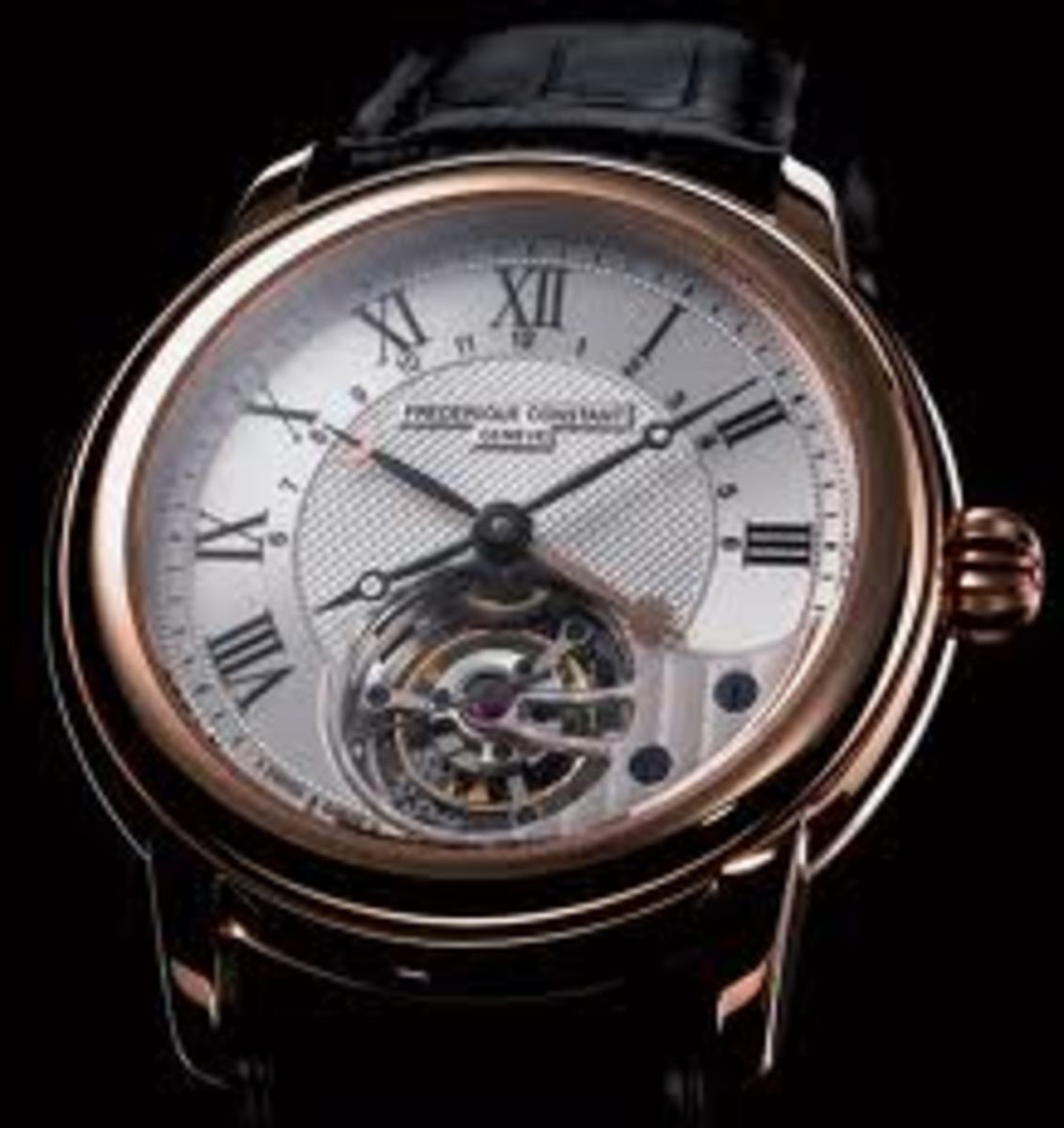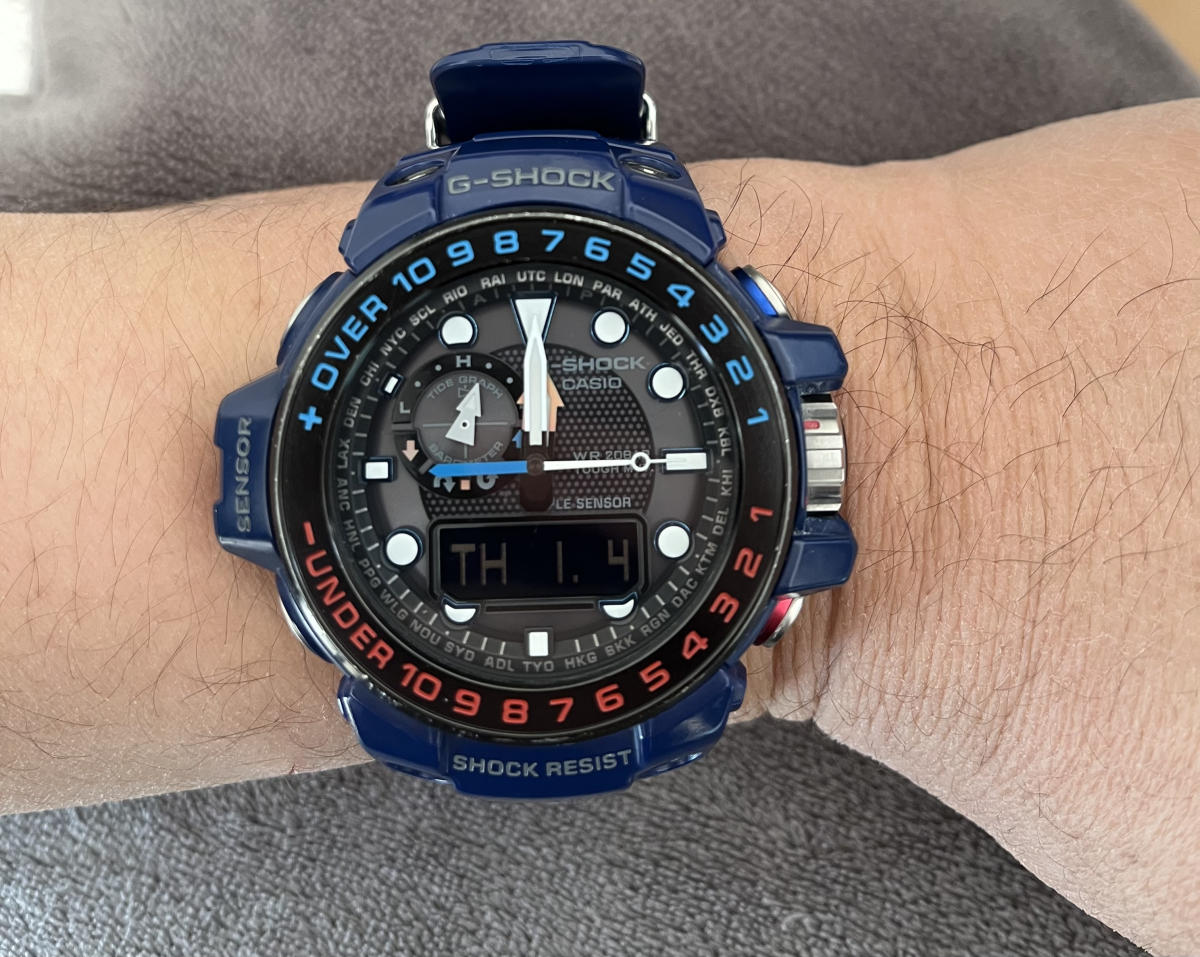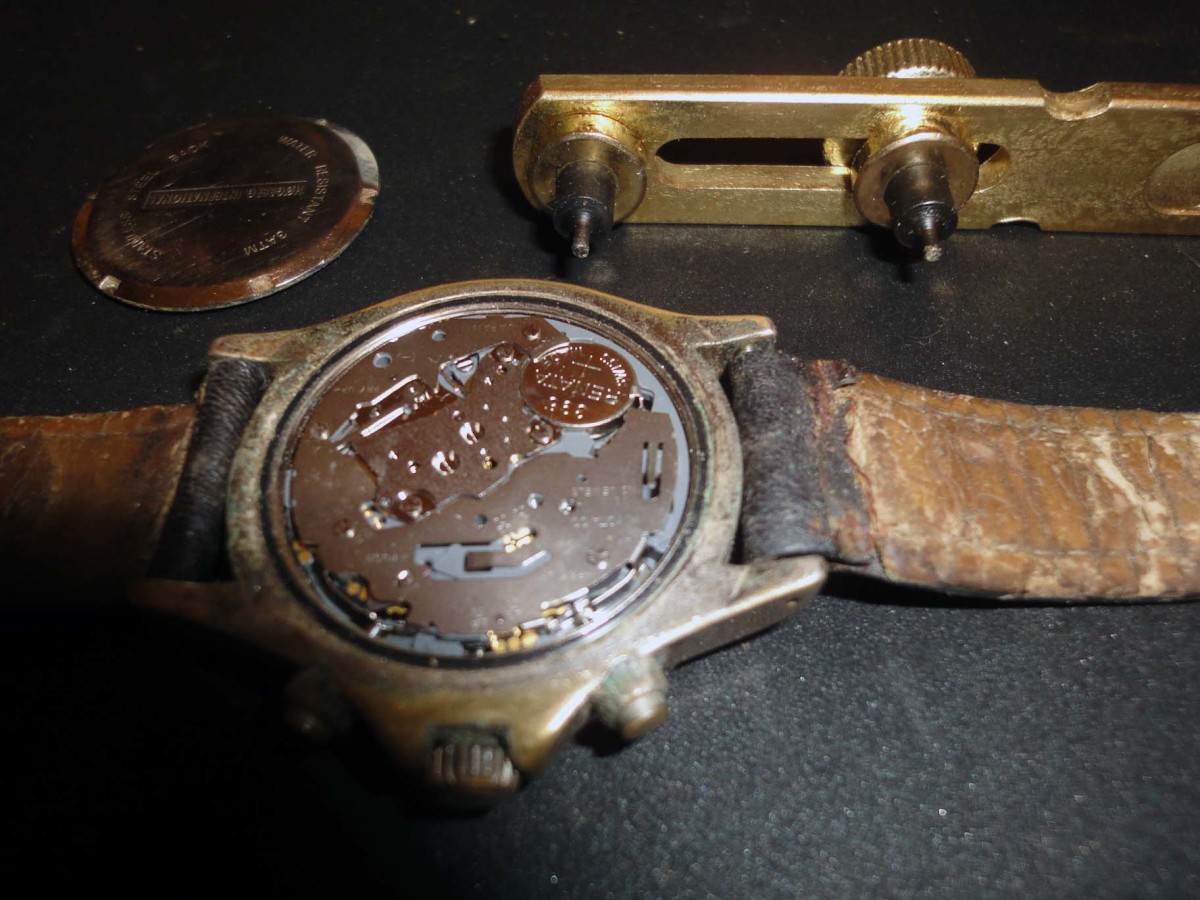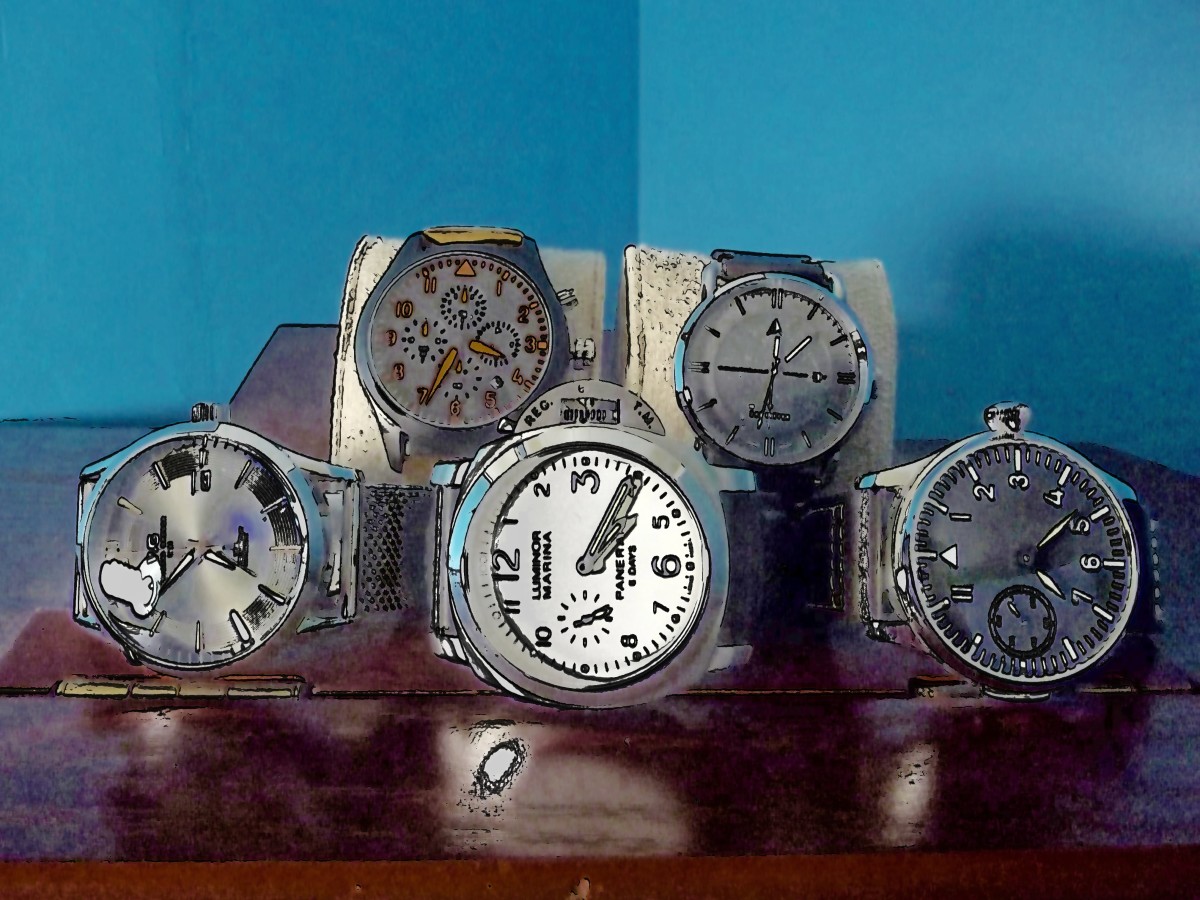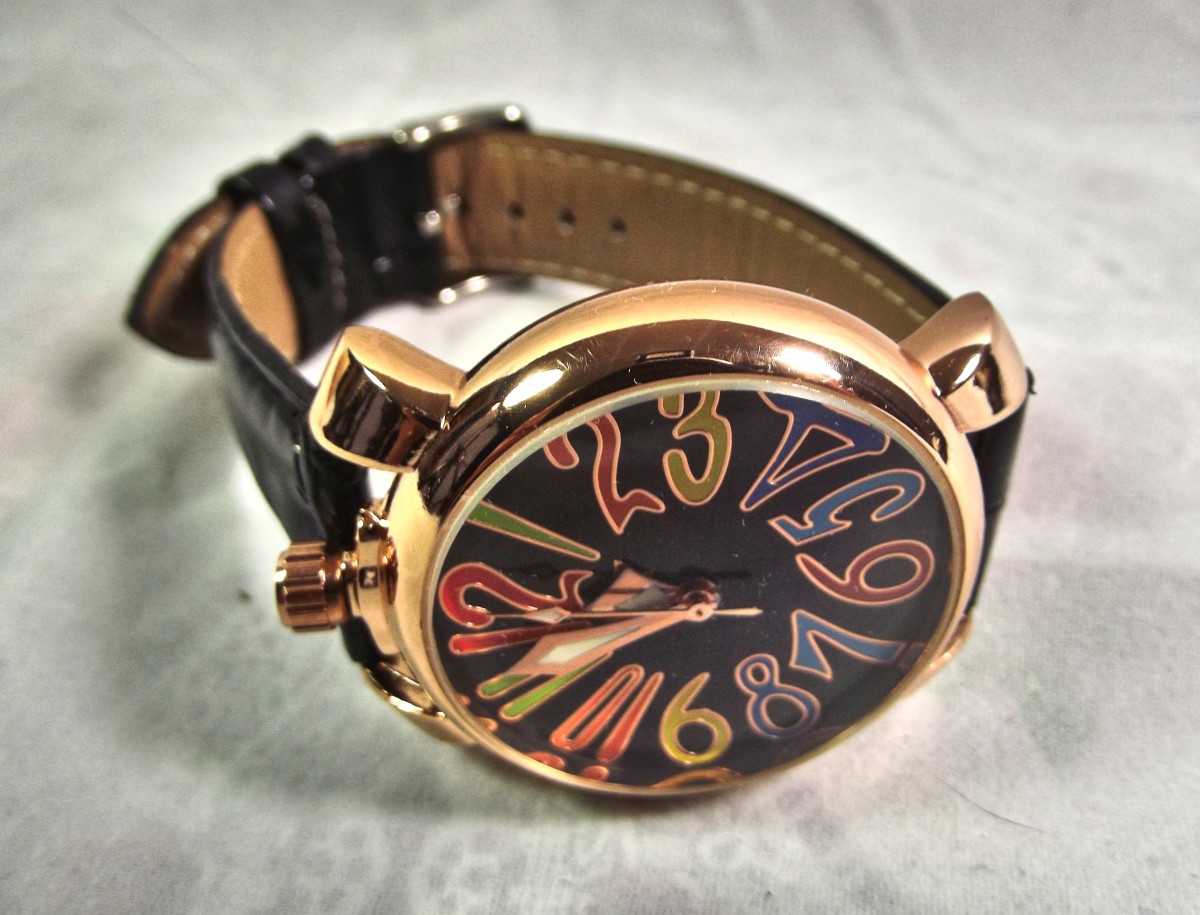Understanding Watch Movement: Quartz Versus Mechanical
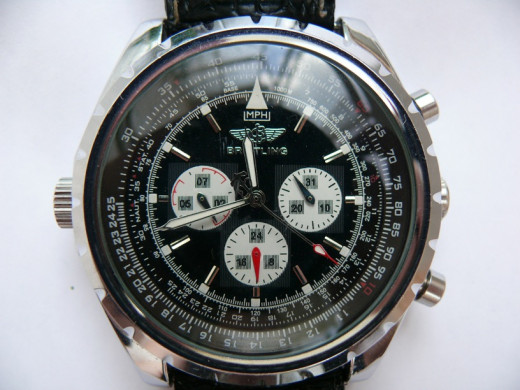
Thanks to advances in modern watch technology, most watches that you find on the market these days employ sophisticated techniques to keep timepieces in good working order. One of the main things that differentiate various types of watches is the way in which their movements are powered: either by quartz or mechanically.
Quartz Movement in Watches
Entry-level luxury watches will most likely feature quartz movement. The movement components in these watches do not move. Instead, a small quartz crystal is used in combination with a battery to emit electrical signals at a specific frequency. This frequency is used to keep the hands of the watch ticking at accurate intervals. Because the movement of the watch is powered by battery, quartz watches never need to be wound.
The accuracy of the electric quartz signals enable these types of watches to keep time better than watches with mechanical movements. As a result, you will find yourself readjusting the time on a quartz watch less often than you would with a mechanical watch. In fact, you will most likely only lose one minute over the course of a year if you have a quartz watch. Because of this advantage, quartz is still used in many luxury watches, especially those at the lower end of the luxury spectrum, like certain Tissot watches and Citizen watches.
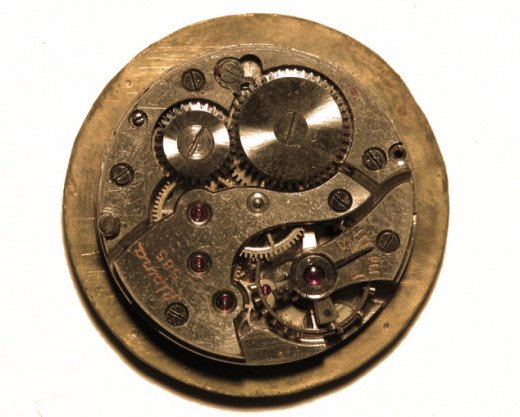
Mechanical Movement in Watches
For higher-end luxury watches — like those priced at one thousand dollars or more — mechanical movements are the standard. This might seem counter-intuitive since quartz watches are actually more accurate than mechanical watches. However, when it comes to watchmaking, traditions can be much more important than the latest technologies. The best luxury watchmakers have been practicing their craft for hundreds of years (just one example: Vacheron Constantin, the oldest manufacturer of luxury Swiss watches, was established in 1755), and the mechanical movements used in these timepieces represent an important legacy.
Nowadays, mechanical technology still embodies the traditional ways of watchmaking but has been developed to the point of being ultra sophisticated. The principal component of a mechanical watch is the mainspring. This spring works by storing energy that will eventually move the hands of the watch. Energy is stored every time the watch is wound, the winding motion tightens the coil of the mainspring. As the spring unwinds the gears are moved, and as the gears move, so do the hands.
Most modern mechanical watches must be wound every one to two days. Once the spring has fully unwound, releasing all of its potential energy to the gears inside of the watch, the hands will stop moving until the watch has been wound again.
The best watchmakers are continually trying to come up with better ways to configure the intricate system of gears and springs that allow a mechanical watch to function without a battery.
Is an Automatic Watch for Me?
An automatic watch can be a great choice when you want one watch that you will wear everyday. However, due to the fact that an automatic watch is powered by the swaying of your arm, you may find that your watch does not keep time and dates accurately if you do not wear it regularly.
Automatic Mechanical Watches
One important innovation in mechanical watch technology is the invention of automatic mechanical watches. Automatic watches use the energy produced by the natural swaying of the wrist in order to power a small spinning device that is housed inside of the watch, with the springs and gears. As this device spins, it winds up the watch's mainspring without requiring the watch to be manually wound.
As mentioned before, mechanical watches (both manual and automatic) are less accurate than quartz watches, leading them to possibly gain or lose several minutes within a month. Because of the complex collection of moving parts in these pieces, owners of mechanical watches tend to get their watches serviced at least once every five years. A well-serviced, well-crafted mechanical watch can stay in perfect working condition for generations.
A Final Word
Whether you are considering a quartz or mechanical watch, you'll probably notice that there are many different types of luxury watches in various styles. To make shopping easier, you can keep in mind that quartz watches tend to be found within the entry-level luxury range whereas mechanical movements are found in higher-end pieces that emphasize master craftsmanship.
